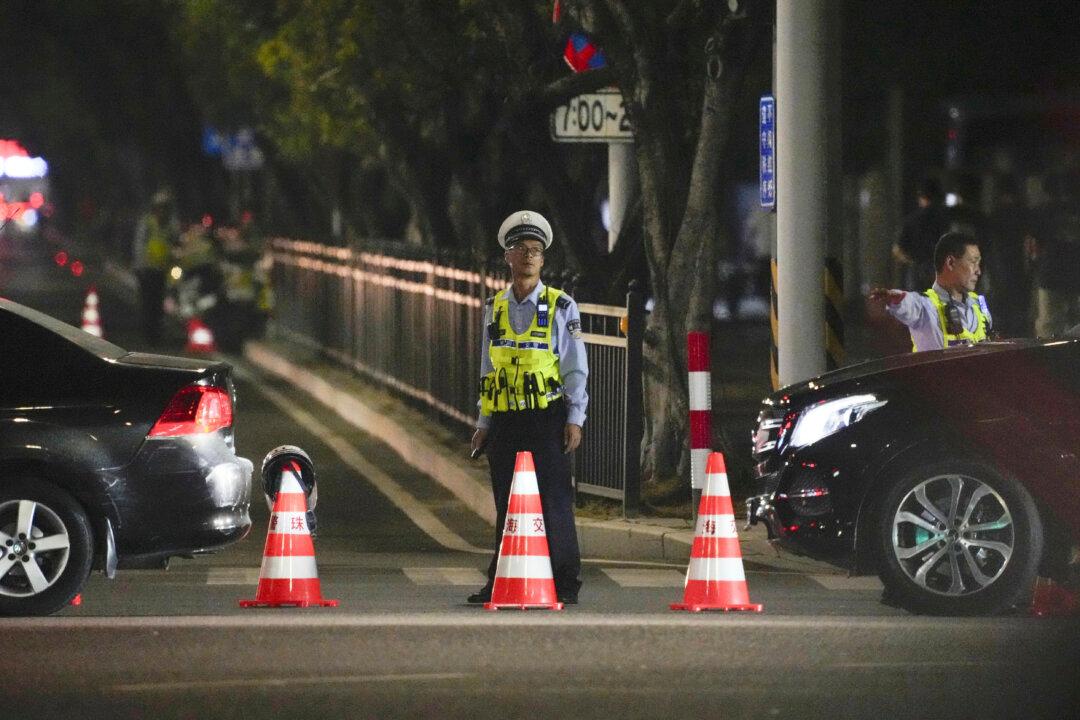News Analysis
Within nine days in November, at least three incidents of mass violence—two of them deadly—occurred in China. According to state media, 43 people were killed in the attacks.

Within nine days in November, at least three incidents of mass violence—two of them deadly—occurred in China. According to state media, 43 people were killed in the attacks.